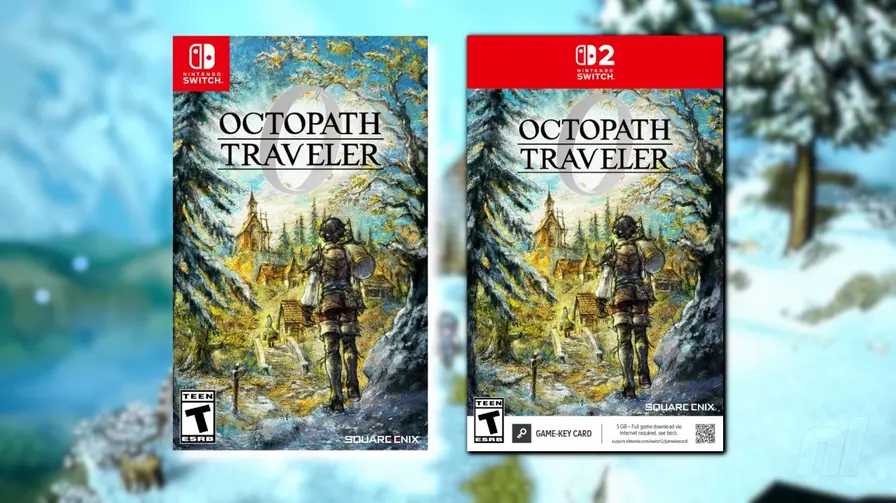T4K3.news
Nintendo skips physical games for Switch 2
The new game-key cards offer limited ownership, sparking concerns among gamers.
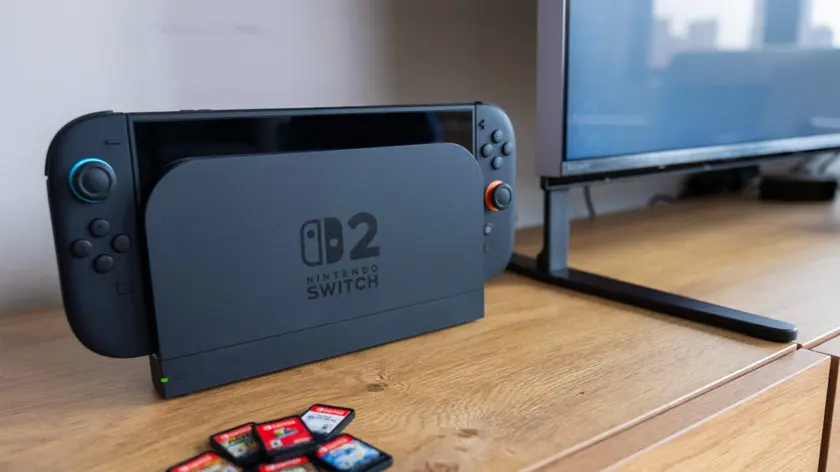
Nintendo's move towards game-key cards raises concerns over game ownership and preservation.
Nintendo's Shift to Game-Key Cards Threatens Physical Game Ownership
Recently, Nintendo's survey about the Switch 2’s game distribution methods stirred significant discussion among gamers. This dialogue escalated after Nintendo swiftly removed the survey, but not before it highlighted a key issue: the potential decline of true game ownership. The new game-key cards, which only provide a download link rather than full game data, present a risk to the traditional physical game experience. While these cards allow for resale possibilities, they share many problems associated with digital ownership, such as reliance on internet connectivity and the ephemeral nature of digital rights. As Nintendo's past actions reveal, their commitment to maintaining servers for digital downloads is uncertain, leading to fears about the longevity and transferability of purchased games. There is increasing concern among gamers that if this practice becomes standard, it may be detrimental to game preservation efforts.
Key Takeaways
"Nintendo could distribute a game with a physical token and create a situation where players truly own the games they buy."
Cory Doctorow highlights the potential for genuine ownership and contrasts it with current practices.
"Game-key cards take the worst aspects of physical ownership while missing out on all the benefits a regular game card provides."
The analysis points to the downsides of the new gaming model Nintendo is moving toward.
The introduction of game-key cards marks a pivotal moment for Nintendo and its community of gamers. Unlike traditional game cartridges that provide a sense of ownership, these new cards merely offer a means to access content without guaranteeing long-term accessibility. Influential voices in the tech community, like Cory Doctorow, encapsulate the frustration felt by players. He emphasizes that true ownership should mean more than temporary access through a game key linked to a digital service. The implications extend beyond personal ownership; they threaten the very fabric of a gaming culture that has historically valued physical collections. Their strategic decision reflects a worrying trend in the industry where digital dominance risks overshadowing physical media. If gamers do not push back against this change, we might witness a significant shift away from genuine ownership towards a model designed for profit maximization rather than user benefit.
Highlights
- Game-key cards may redefine ownership, but at what cost?
- This is a danger signal for every gamer concerned about preservation.
- True ownership should not depend on a fleeting internet connection.
- We risk losing the essence of physical game collections if we accept this.
Concerns Over Digital Rights and Ownership
The shift to game-key cards could undermine long-term game ownership and access, raising concerns about digital rights management and preservation.
The future of game ownership hangs in the balance as players react to these changes.
Enjoyed this? Let your friends know!
Related News
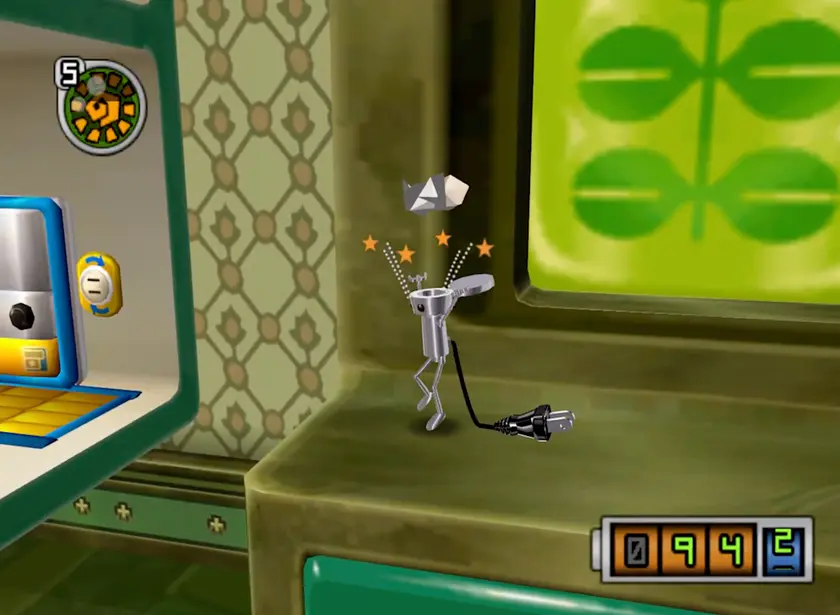
Chibi-Robo arrives on Switch 2 next week
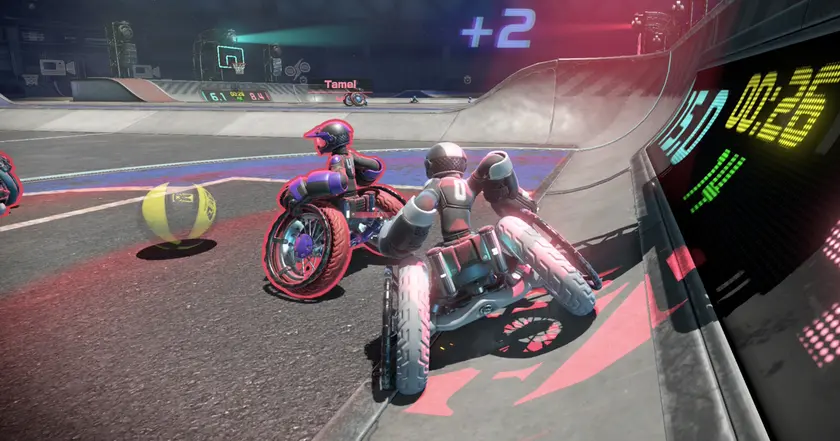
Drag x Drive first look on Switch 2
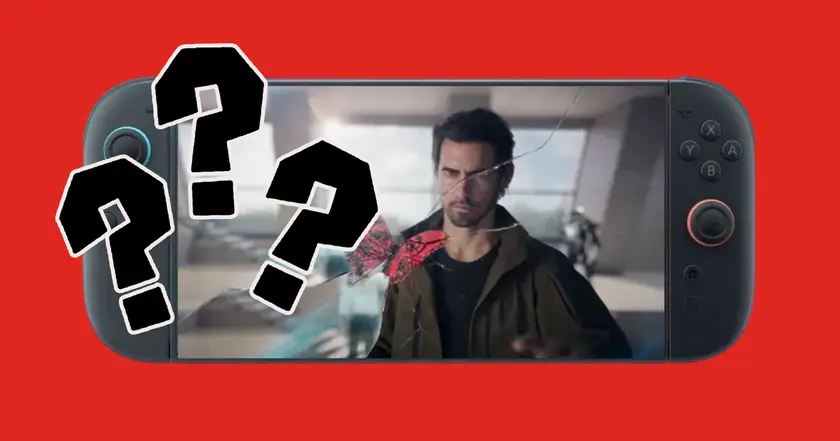
Call of Duty Black Ops 7 launch details surface
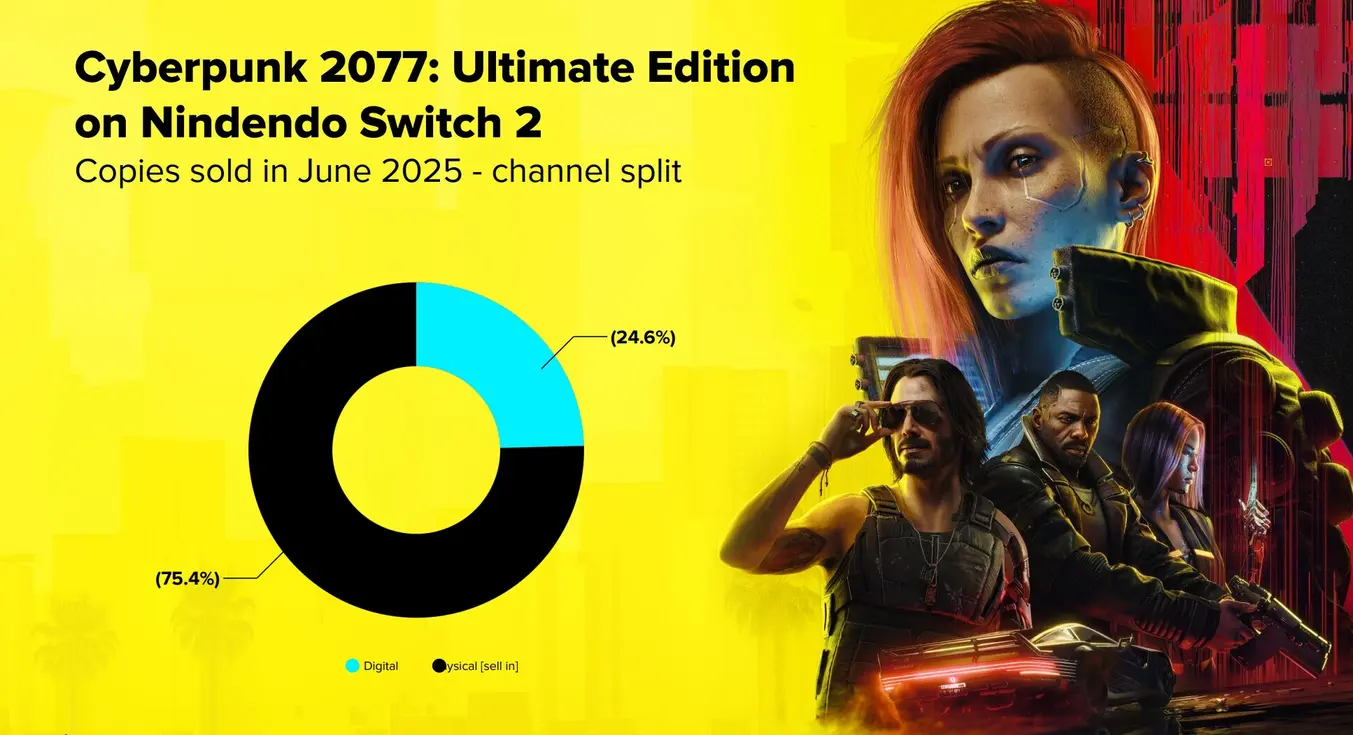
Cyberpunk 2077 Sells Mostly Physical on Switch 2
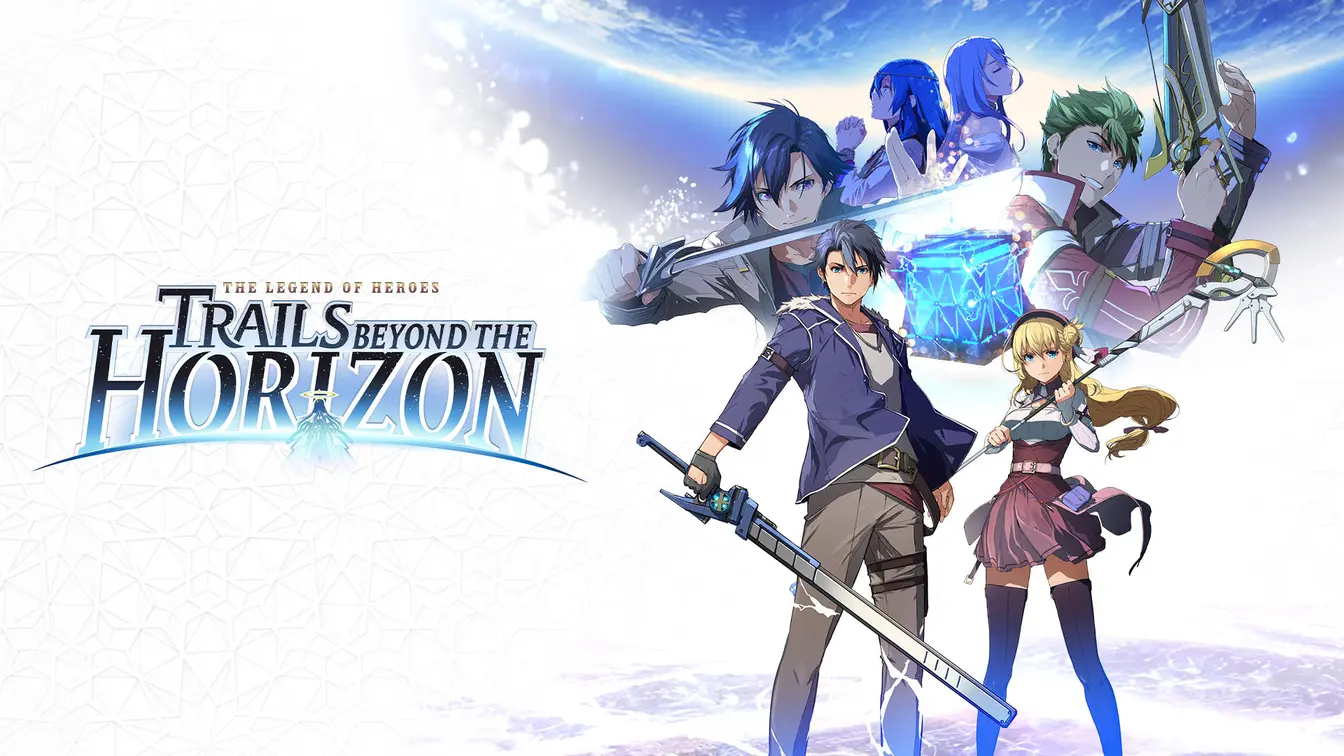
NIS America reveals game-key card choice for new RPG

Cyberpunk 2077 Switch 2 physical share tops June

Physical sales lead Cyberpunk 2077 on Switch 2

Switch 2 game cards draw storage debate
